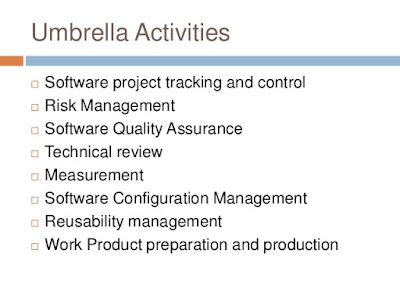Instance / Member variables
The followings are the important points of instance / member variable:
6) Access modifiers (private, protected, public) can be given for instance variables.
7) The instance variables are visible for all methods, constructors and block in the class. Normally, it is recommended to make these variables private (access level). However visibility for subclasses can be given for these variables with the use of access modifiers.
8) Instance variables have default values. For numbers the default value is 0, for Booleans it is false and for object references it is null. Values can be assigned during the declaration or within the constructor.
9) Instance variables can be accessed directly by calling the variable name inside the class. However within static methods and different class ( when instance variables are given accessibility) should be called using the fully qualified name .ObjectReference.VariableName
1) Instance variables are
declared in a class, but outside a method, constructor or any block.
2) When a space is allocated
for an object in the heap, a slot for each instance variable value is created.
3) Instance variables are
created when an object is created in other class with the use of the keyword
'new' and destroyed when the object is destroyed.
4) Instance variables hold
values that must be referenced by more than one method, constructor or block,
or essential parts of an object's state that must be present throughout the
class.
5) Instance variables can be declared in class level.
5) Instance variables can be declared in class level.
6) Access modifiers (private, protected, public) can be given for instance variables.
7) The instance variables are visible for all methods, constructors and block in the class. Normally, it is recommended to make these variables private (access level). However visibility for subclasses can be given for these variables with the use of access modifiers.
8) Instance variables have default values. For numbers the default value is 0, for Booleans it is false and for object references it is null. Values can be assigned during the declaration or within the constructor.
9) Instance variables can be accessed directly by calling the variable name inside the class. However within static methods and different class ( when instance variables are given accessibility) should be called using the fully qualified name .ObjectReference.VariableName


Comments
Post a Comment